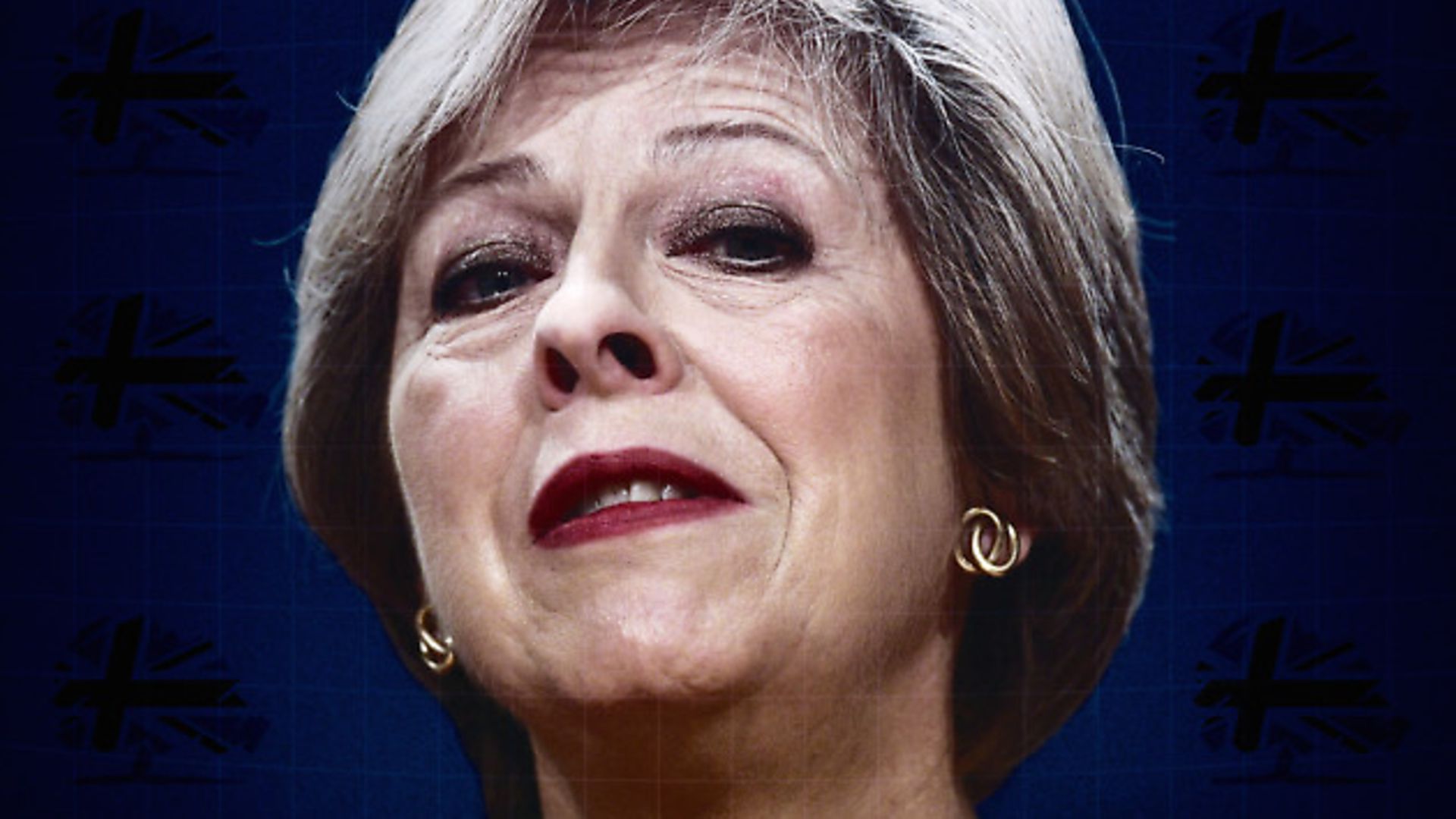
A poisonous smokescreen is being put up around the democratic debate in the aftermath of the referendum.
This smokescreen is a nasty attempt to divert attention away from the fact that the referendum – a vote contrived to unite a divided Tory party – has instead left the entire nation divided.
At a time of great unknowns and undecideds and unreconciled fears, exaggerations and downright lies that permeated the debate before the vote, the last thing we need is divisive language from the Prime Minister.
But that is exactly what we got this week as she, together with her confused cabinet, tried cynically to position the Leave argument as the collective view of the entire British public, and the Remain argument as subversive. This is dangerous.
The Prime Minister talked to her conference of ‘British values’.
She talked of ‘ordinary people’.
She talked of giving the ‘British public’ what they want.
Which British values, though?
The values of freedom of expression, freedom of the press, freedom to disagree? Of representative democracy? Of tolerance and openness?
To which ordinary people does she refer to? The ordinary people who voted Out? Or the ordinary people who voted In?
And what British public? Of course, there is no such thing, in any meaningful sense (otherwise we’d never have needed a referendum in the first place).
But to define the ‘British public’ as the side of a great debate that swung on such few votes, risks alienating the sixteen million, one hundred and forty one thousand, two hundred and forty-one enfranchised members of the British public who do NOT want Brexit. This is dangerous.
It goes beyond the kind of dog-whistle language – designed to sound rational to a general audience, but sending a more insidious message to a specific audience – that we have heard frequently from UKIP and the far right.
This takes it mainstream. When you hear a Prime Minister of the United Kingdom and Northern Ireland talk of sneering liberal elites, and the thought-crime subversion of democracy in response to anyone daring to differ with her double-think dogma that ‘Brexit is Brexit’, then we should all worry.
It’s not just the Prime Minister, of course. This week we’ve had Jeremy Hunt insult the foreign doctors the NHS depends on; we’ve had Home Secretary Amber Rudd (a prominent Remainer!) try on the old British-jobs-for-British-people routine (and then wobble horribly in subsequent radio interviews when asked for detail) and threaten to target companies who rely on foreign labour and skills for some form of public humiliation; and Liam Fox describe EU nationals in the UK as a bargaining chip in Brexit negotiations.
Not only is that cynical – even by a politicians standards – it’s plain bloody rude.
This week has exposed politics a million miles away from Theresa May’s warm words on the steps of Number 10.
Today, more than ever since the social crises of the successive Thatcher governments, this country needs consolidation and conversation. Instead we are getting a heap of division and dogma.
May must resist repeating the divisive politics that characterised those Thatcher years. Thatcher drew the lines between the Haves and the Have Nots. May draws the line between the Leaves and the Leave Nots. This is dangerous.
If Britain is a United Kingdom (and it is, still, despite our family arguments) it is united by values of decency and democracy. The sentiments underpinning the speeches by the Prime Minister and the Home Secretary undermine that.
A real leader, after a bruising referendum, seeks to bring the country together – not drive it further apart. May is making a fundamental mistake by saying, in effect, the 48% should just deal with it.
We won’t.
And if she finds this ‘subversive’, then she’ll just have to deal with that. Here, at The New European, we call it democracy.
Matt Kelly, Editor









